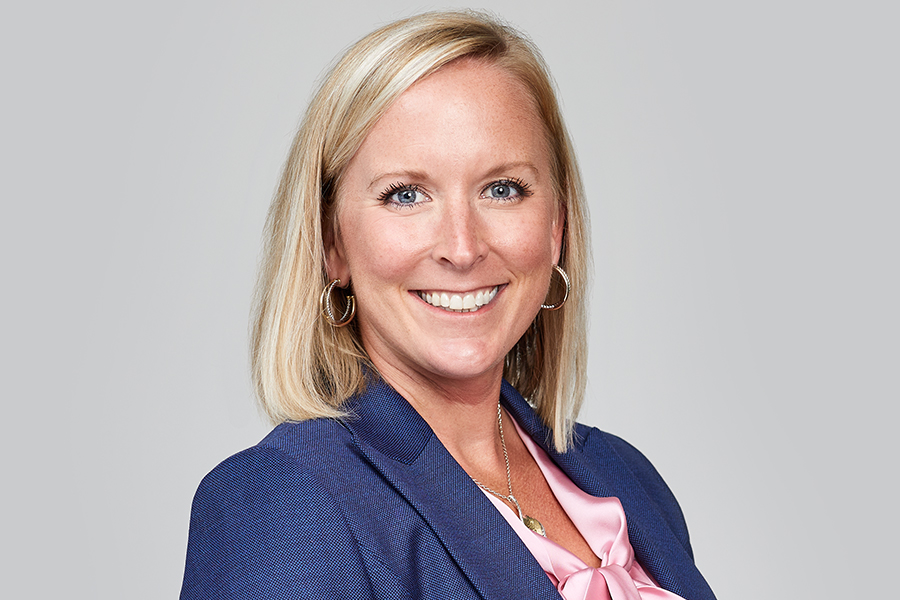News
SBA guidance On Good Faith Certification of Need under PPP loans
By Melissa Cassell
Attorney at Law
On April 23, 2020, the Small Business Administration (SBA) issued additional guidance to its Frequently Asked Questions (FAQ) section, which can be found at https://home.treasury.gov/system/files/136/Paycheck-Protection-Program-Frequently-Asked-Questions.pdf. When the Coronavirus Aid, Relief and Economic Stimulus Act (CARES Act) was passed last month, it waived the requirement that a borrower could not get credit elsewhere. After several large companies obtained sizable Payroll Protection Program (PPP) loans, and public outrage ensuing, the SBA issued FAQ 31, which provides the following guidance to borrowers under the PPP loans:
Do businesses owned by large companies with adequate sources of liquidity to support the business’s ongoing operations qualify for a PPP loan?
Answer: In addition to reviewing applicable affiliation rules to determine eligibility, all borrowers must assess their economic need for a PPP loan under the standard established by the CARES Act and the PPP regulations at the time of the loan application. Although the CARES Act suspends the ordinary requirement that borrowers must be unable to obtain credit elsewhere (as defined in section 3(h) of the Small Business Act), borrowers still must certify in good faith that their PPP loan request is necessary. Specifically, before submitting a PPP application, all borrowers should review carefully the required certification that “[c]urrent economic uncertainty makes this loan request necessary to support the ongoing operations of the Applicant.” Borrowers must make this certification in good faith, taking into account their current business activity and their ability to access other sources of liquidity sufficient to support their ongoing operations in a manner that is not significantly detrimental to the business. For example, it is unlikely that a public company with substantial market value and access to capital markets will be able to make the required certification in good faith, and such a company should be prepared to demonstrate to SBA, upon request, the basis for its certification.
Lenders may rely on a borrower’s certification regarding the necessity of the loan request. Any borrower that applied for a PPP loan prior to the issuance of this guidance and repays the loan in full by May 7, 2020 will be deemed by SBA to have made the required certification in good faith. (emphasis added)
If you have taken out the loan relying on prior guidance but find yourself concerned with the new guidance, you can pay it back in full by May 7, 2020, and all is forgiven. If you fail to do so, the Act opens the borrower up for an investigation for fraud, among other charges, and provides the opportunity for whistle blowers to make allegations under the False Claims Act, 31 U.S. C. §§ 3729-3733.
Melissa Cassell is partner with Morton & Gettys, LLC, a law firm in Rock Hill, S.C. She focuses her practice on corporate, employment and commercial real estate law. If you or your business need legal help in any of these areas, contact her at melissa.cassell@mortongettys.com.
Information or interaction on this page should not be construed as establishing a client-attorney relationship or as legal advice. For advice about your specific situation, please consult one of our attorneys.

